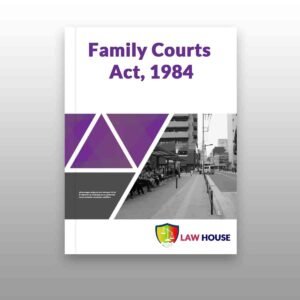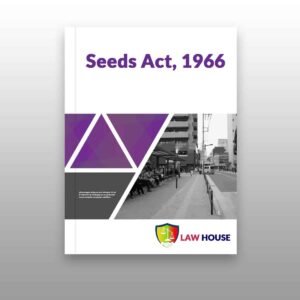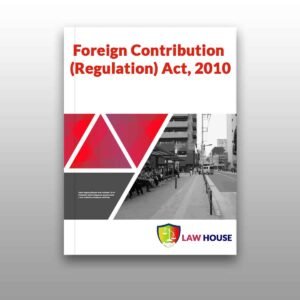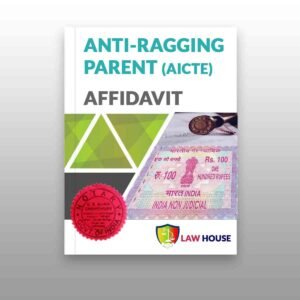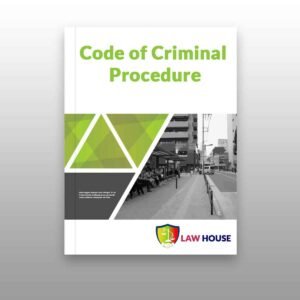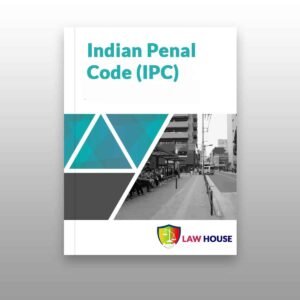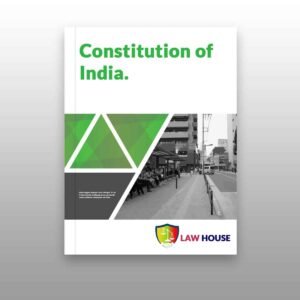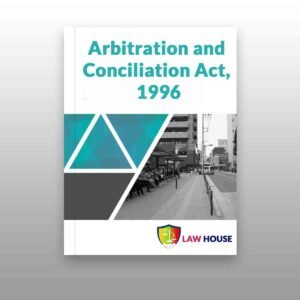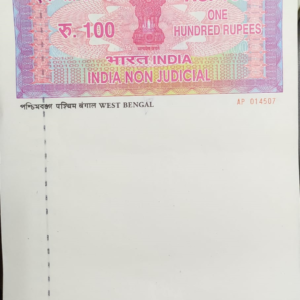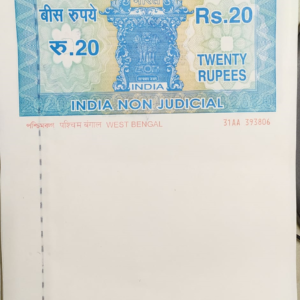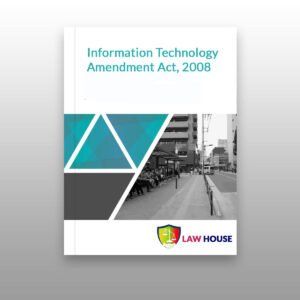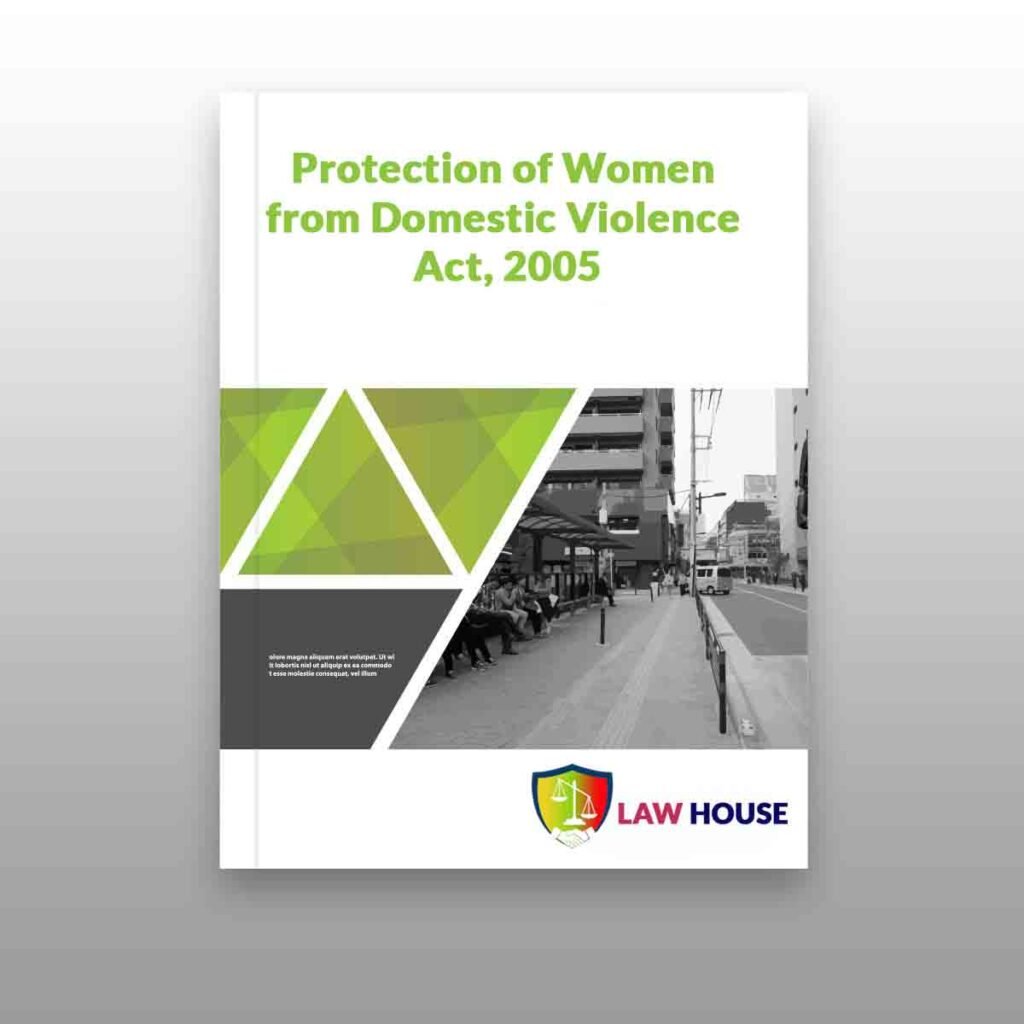What is mental cruelty?
According to Section 13(i) (a) of the Hindu Marriage Act, 1955, a mental cruelty is broadly defined as that moment when either party causes mental pain, agony of suffering of such a magnitude that it severs the bond between the wife and husband and as a result of which it becomes impossible for the party who has suffered to live with the other party. This article will guide how to prove mental cruelty.
The question of mental cruelty has to be considered in the light of the norms of marital ties of the particular society to which the parties belong, their social values, status and environment in which they live.
What constitute a mental cruelty?
The conduct of the concerned party should be grave and substantial and it must be much more serious than the ordinary wear and tear of daily life.
A mental cruelty can vary depending upon different matrimonial cases so it is impossible to have a uniform standard to go by. Some instances illustrative of what defines mental cruelty as described by the Supreme Court of India (SC) are enumerated here.
- On consideration of complete matrimonial life of the parties, acute mental pain, agony and suffering as would not make it possible for the parties to live with each other, could come within the broad parameters of mental cruelty;
- On a comprehensive appraisal of the entire matrimonial life of the parties involved, it becomes abundantly clear that a situation is such that the wronged party cannot reasonably be asked to put up with such conduct and continue to live with other party;
- Mere coldness or lack of affection cannot amount to cruelty however frequent rudeness of language, petulance of manner, indifference and neglect may reach such a degree that it makes the married life for the other spouse absolutely intolerable;
- Mental cruelty is a state of mind – The feeling of deep anguish, disappointment, frustration in one spouse caused by the conduct of the other over a long period of time may lead to mental cruelty;
- An unrelenting course of abusive and humiliating treatment calculated to torture, discommode or render miserable the life of one spouse;
- Sustained unjustifiable conduct and behaviour of one spouse actually affecting physical and mental health of the other spouse – The treatment complained of and the resultant danger or apprehension must be very grave, substantial and weighty;
- Sustained reprehensible conduct, studied neglect, indifference or total departure from the normal standard of conjugal kindness causing injury to mental health or deriving sadistic pleasure can also amount to mental cruelty;
- The conduct must be much more than jealousy, selfishness, possessiveness, which causes unhappiness and dissatisfaction. Emotional upset may not be a valid ground for granting a divorce on the grounds of mental cruelty;
- Mere trivial irritations, quarrels, normal wear and tear of the married life which happens in day to day life is also not an adequate for granting a divorce on the grounds of mental cruelty;
- The married life should be reviewed as a whole and a few isolated instances over a period of years will not amount to cruelty – The ill-conduct must be persistent for a fairly lengthy period, where the relationship has deteriorated to an extent that because of the acts and behaviour of a spouse, the wronged party finds it extremely difficult to live with the other party any longer. This may amount to mental cruelty;
- If a husband submits himself for an operation of sterilization without medical reasons and without the consent or knowledge of his wife and similarly, if the wife undergoes vasectomy or abortion without medical reason or without the consent or knowledge of her husband, such an act of the spouse may lead to mental cruelty;
- Unilateral decision of refusal to have intercourse for considerable periods of time without there being any physical incapacity or valid reason may amount to mental cruelty;
- Unilateral decisions made by either husband or wife after marriage to not have child from the marriage may amount to cruelty;
- Where there has been a long period of continuous separation, it may fairly be concluded that the matrimonial bond is beyond repair – The marriage becomes a fiction though supported by a legal tie – By refusing to sever that tie, the law in such cases, does not serve the sanctity of marriage. On the contrary, it shows scant regard for the feelings and emotions of the parties involved – In such situations, it may lead to mental cruelty.
How to prove in a court?
Establishing a case of mental cruelty depends upon the facts and circumstances of each case. However following ways, you can prove mental cruelty in a court:
Your oral testimony or in writing is sufficient ground for proving mental cruelty. Strengthen your oral or written evidences with instances of mental cruelty like continuous non – cohabitation or denying physical relationship, verbal and physical abuses, arrogant behaviour, incompatible or ever increasing difference of opinion aggravating the domestic relationship.
Audio and video evidence are the best evidence and it is broadly admitted by the court. You can also strengthen your case with witness’s testimonies.
Related Post:









![Honey trap in Cybercrime: A to Z guide Exploring Honey Trap in Cyberspace [With Video]](https://www.lawhousekolkata.com/wp-content/uploads/Post-Images/Honey-Trap-300x169.jpg)





![Code-of-Civil-Procedure-1908 | Law House: The #1 Notary in Kolkata | Make Notary Online Code of Civil Procedure Free Ebook Download [PDF]](https://www.lawhousekolkata.com/wp-content/uploads/Law_Books_Image/Code-of-Civil-Procedure-1908-300x300.jpg)






